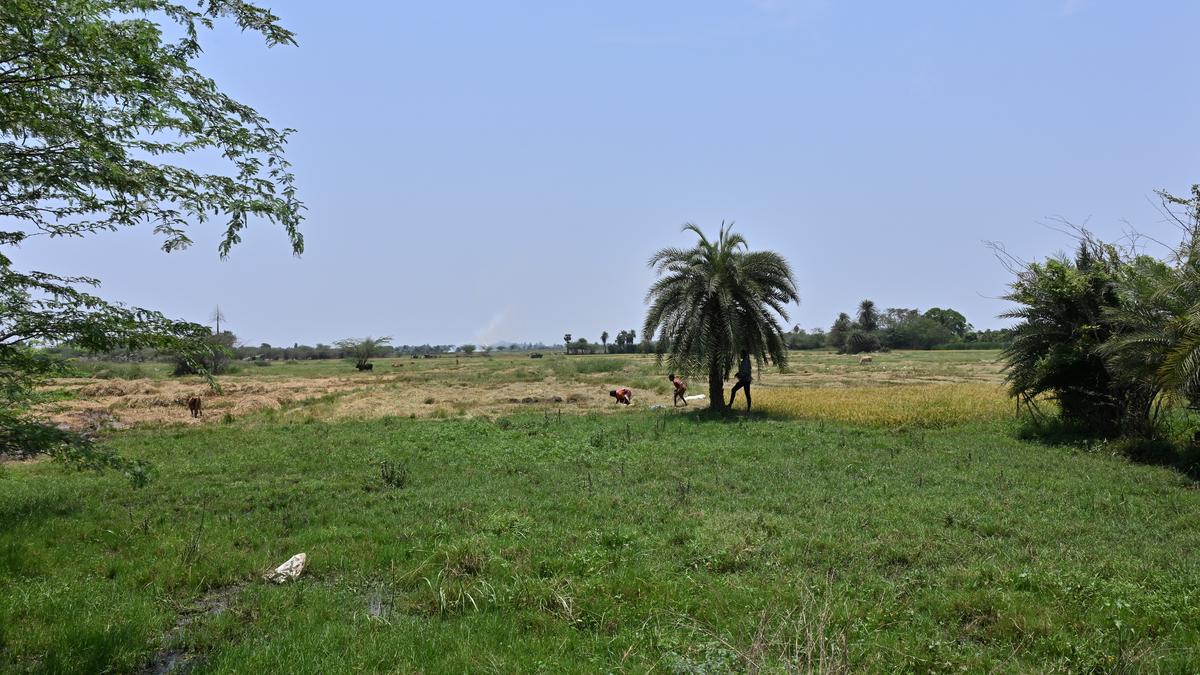Now Reading: Stop Forced Land Acquisitions, Call for Change
-
01
Stop Forced Land Acquisitions, Call for Change
Stop Forced Land Acquisitions, Call for Change

Speedy Summary
- Farmers from 13 villages near Channarayapatna in Devanahalli taluk, Bengaluru Rural district, have been protesting for over 1,100 days against the Karnataka government’s move to acquire their land for industrial growth.
- In 2022, the Bommai government notified the acquisition of 1,777 acres of fertile farmland to create a hi-tech defense and aerospace park.
- Farmers rejected compensation offers and protested the loss of generational livelihoods, demanding cancellation of the acquisition entirely.
- Recent months saw intensified protests under Samyukta Horata Karnataka. On June 25, multiple organizations showed solidarity with farmers during a ‘Devanahalli Chalo’ program. Police used force in dispersing protesters.
- Chief Minister Siddaramaiah held a meeting on July 4 to address farmer concerns but cited “legal hurdles” in reversing land acquisition. Farmers have temporarily paused agitation while awaiting his decision.
- Experts highlight legal provisions like Section 4 in the Karnataka Industrial Areas Development Act (1966) that allow exclusion or withdrawal of acquired land by state authorities at any stage. Historical precedents support this option.
- Critics point out unused agricultural lands acquired under similar industrial laws remain wasted per reports like CAG’s economic sector review (2017), urging reconsideration of forcible acquisitions.
Indian Opinion Analysis
The Devanahalli farmers’ protests are emblematic of larger tensions between developmental priorities and agricultural preservation in India. While industrial projects seek economic growth, they must weigh heavily against displacing generational farming communities that contribute significantly to food security-especially when viable alternative approaches exist.
Legal precedents suggest that Karnataka’s government has clear powers to reverse or modify acquisitions under existing statutory frameworks such as Section 4 of KIADA (1966). Past withdrawals due to farmer resistance strengthen arguments favoring versatility here without violating governance protocols.
The protests also spotlight inefficiencies related to past industrial developments where acquired lands remain unutilized-a point raised by CAG’s findings in previous years-and indicate ongoing inadequacies in assessing long-term outcomes before pursuing new acquisitions.
If no resolution is found soon respecting farmer demands alongside fair developmental planning principles, it risks deepening mistrust among rural communities toward state authorities. Clear decision-making combined with an inclusive dialog could be vital steps towards avoiding prolonged unrest and achieving lasting progress for both rural residents and urban-industrial aspirations.
Read more: Published – July 10, 2025























